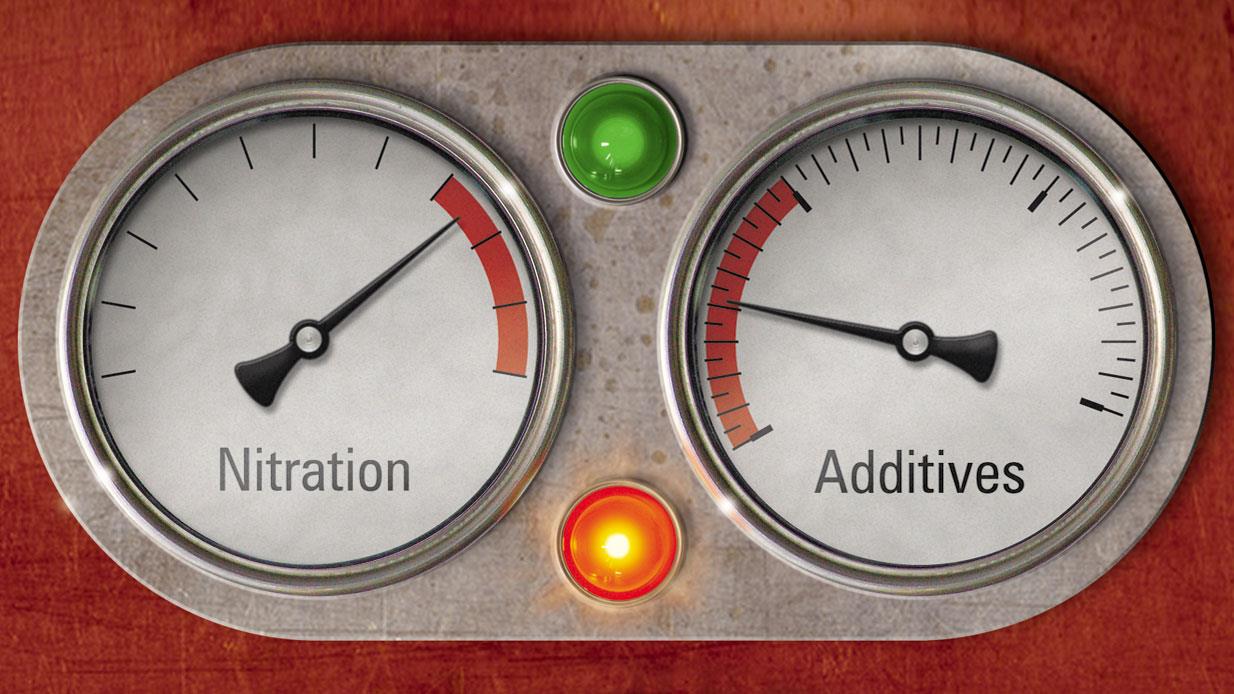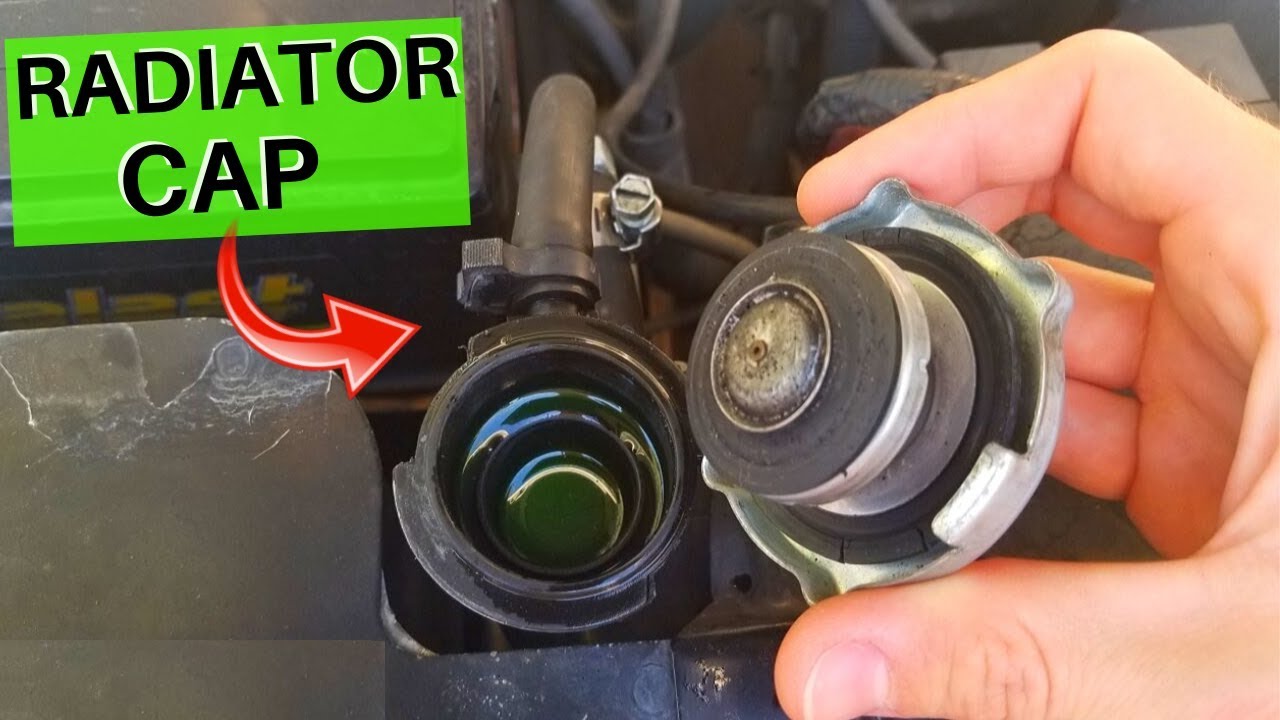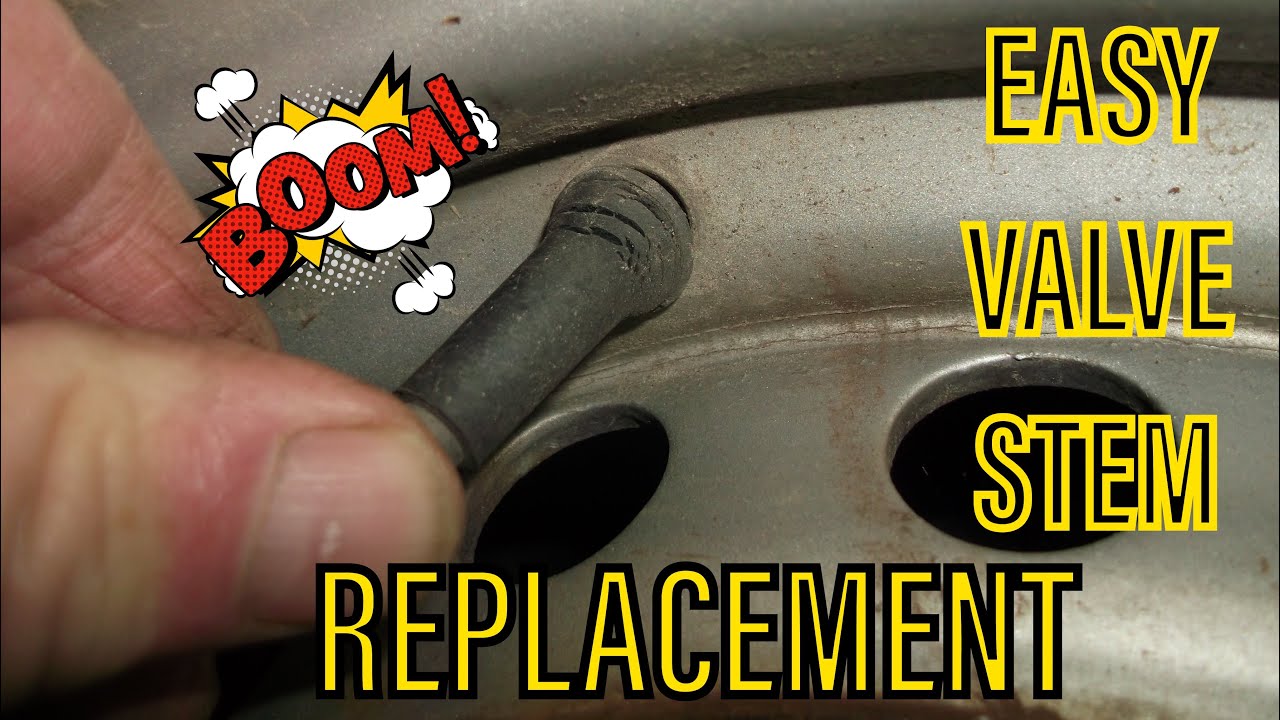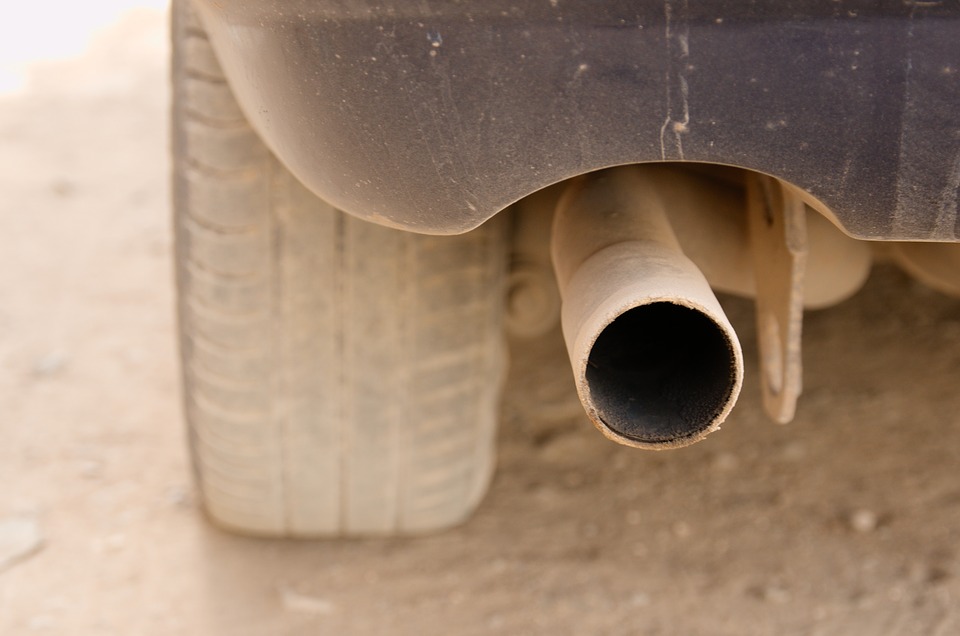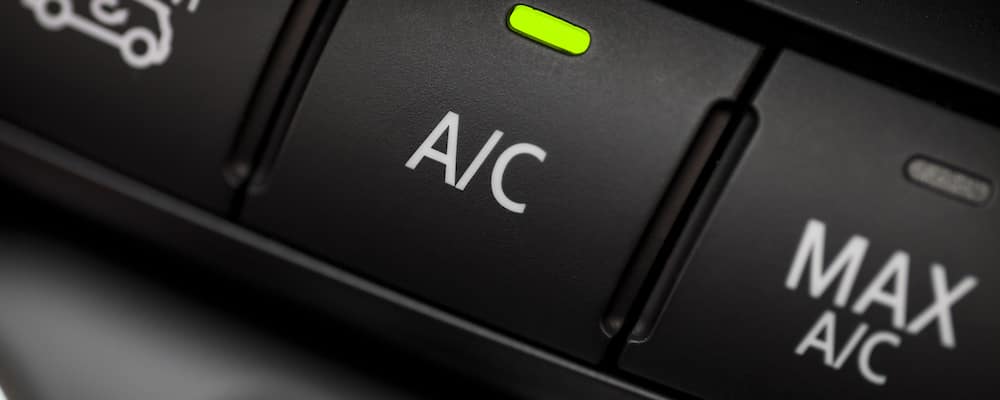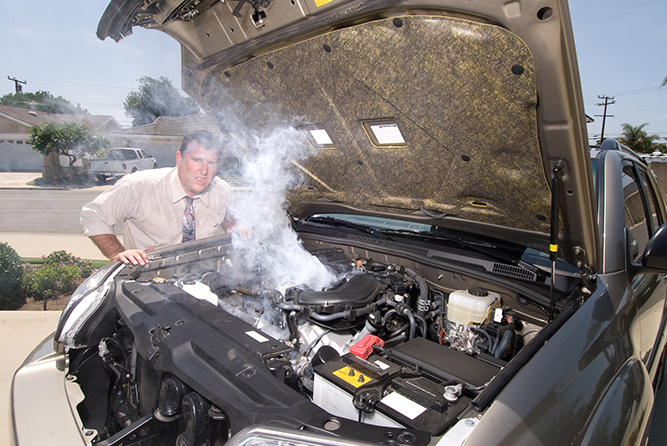Can a Bad Oil Cooler Cause Low Oil Pressure
Yes, a malfunctioning oil cooler can lead to low oil pressure. A compromised oil cooler may restrict oil flow, causing pressure drops.
Understanding the impact of a bad oil cooler on your vehicle’s performance is crucial for maintaining engine health. The oil cooler plays a pivotal role in regulating your engine’s temperature by cooling the engine oil. Issues with the oil cooler, such as leaks or blockages, can disrupt the flow and cooling of the oil.
This disruption can result in insufficient oil pressure, potentially causing engine damage or failure. Regular maintenance and monitoring of oil pressure levels can help detect and address any problems with the oil cooler before they escalate. Car owners should be vigilant about changes in engine performance and seek professional inspection immediately if they suspect their oil cooler is not functioning correctly.

Credit: www.machinerylubrication.com
The Role Of An Oil Cooler In Your Vehicle
The oil in your vehicle does more than just lubricate moving parts. The oil cooler plays a key role in maintaining your engine’s health and efficiency. So, what happens when this crucial component fails? Let’s explore how the oil cooler works and its impact on oil pressure.
Essential Functions Of An Oil Cooler
The oil cooler serves two main purposes:
- Maintains optimal oil temperature: It keeps the oil at a stable temperature, which is vital for engine performance.
- Prevents overheating: By keeping the oil cool, it helps prevent the engine from overheating, especially during high-performance conditions.
Connection Between Oil Cooler And Oil Pressure
| Oil Cooler Condition | Impact on Oil Pressure |
|---|---|
| Properly Functioning | Supports stable oil pressure, ensuring efficient engine operation. |
| Compromised Integrity | May lead to low oil pressure, risking engine damage. |
A bad oil cooler can allow oil to bypass the system or leak, causing the pressure to drop.
Symptoms Of A Failing Oil Cooler
The engine’s oil cooler is crucial for managing temperatures. A faulty cooler affects oil pressure.
Learn to spot the signs early to protect your engine.
Indicators Of Low Oil Pressure
- Oil Pressure Light: A dashboard warning light may activate.
- Engine Noise: Listen for knocking or ticking from the engine.
- Poor Performance: Watch for reduced acceleration and power.
Warning Signs Of Oil Cooler Failure
Early detection of oil cooler issues is key. Look for these clues:
| Sign | Description |
|---|---|
| Coolant in Oil | Check for a milky color in the oil. |
| Oil in Coolant | Look for slicks in the coolant reservoir. |
| Overheating Engine | Monitor rising temperature gauges. |
| Oil Leaks | Spot oil puddles under your vehicle. |
Stay vigilant for these signs. They can save your engine and reduce repair costs.
Mechanics Of Oil Pressure Drops
Oil pressure is vital to your engine’s health. It’s like the blood pressure of your car. When it drops, your car’s engine could be in big trouble. Think of your oil like a team of little helpers rushing to protect your engine parts. If that pressure goes down, the helpers can’t do their job. Let’s check into why your car could be losing this crucial pressure.
How Oil Pressure Is Measured
Measuring oil pressure is like taking a car’s blood pressure. Your car has a special gauge for this task. If the gauge shows a drop, it means your oil isn’t flowing as it should. A bad oil cooler can cause this scary situation. Without enough pressure, your engine might get hurt.
Factors Contributing To Low Oil Pressure
- Oil Quality: Old or dirty oil can’t protect well.
- Oil Level: Too little oil equals too little pressure.
- Oil Viscosity: Thick oil can slow things down.
- Worn Components: Old parts may leak pressure.
- Oil Pump Issues: A weak pump means weak pressure.
- Bad Oil Cooler: If it’s broken, it can’t cool and might block oil flow.
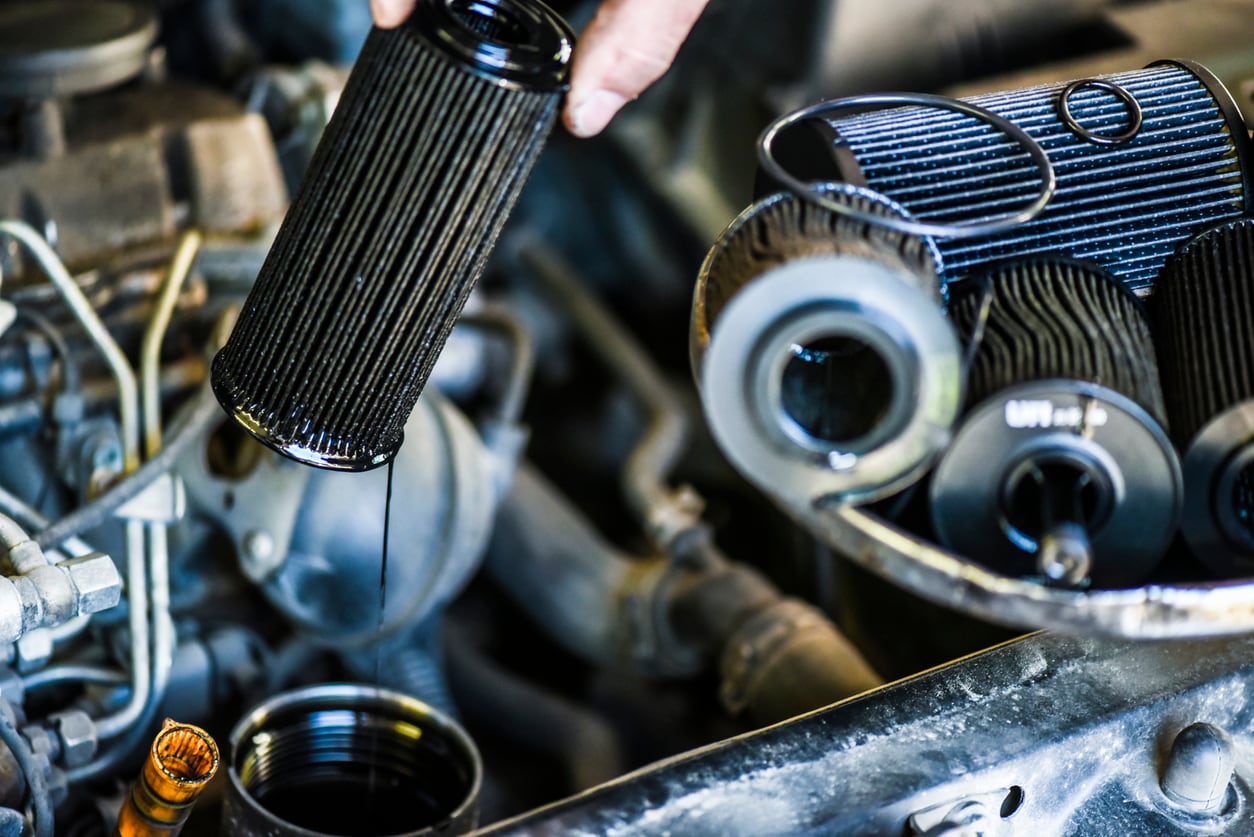
Credit: www.firestonecompleteautocare.com
Consequences Of Ignoring Oil Pressure Issues
Ignoring low oil pressure in your vehicle is like inviting a host of engine troubles to your doorstep. Oil pressure matters a lot. It’s your engine’s lifeline. Maintaining it ensures your vehicle runs smoothly. A bad oil cooler can certainly lead to low oil pressure. This can wreak havoc over time. Understanding the risks helps prevent expensive repairs.
Engine Wear And Damage Risks
Low oil pressure means less lubrication. Parts like pistons and bearings suffer. They rub against each other. The friction causes heat and wear. Over time, this might lead to engine failure. Spotting and fixing oil pressure issues early saves your engine from certain disaster.
- Damaged components: Camshafts, crankshafts, and valves risk serious damage.
- Seized engine: Worst case, the engine might stop working completely.
- Expensive repairs: Rebuilding an engine costs a lot of money.
Impact On Overall Vehicle Performance
Think of oil as the blood of your engine. Just like your body, your car needs it to perform. Low oil pressure from a faulty oil cooler affects the whole system. Your vehicle’s power, efficiency, and smoothness all take a hit.
| Performance Aspect | Impact of Low Oil Pressure |
|---|---|
| Fuel Efficiency | Drops as the engine works harder |
| Engine Temperature | Rises due to increased friction |
| Engine Noise | Increases with component wear |
Diagnosing A Faulty Oil Cooler
Low oil pressure can spell trouble for your engine. It might suggest a compromised oil cooler. The oil cooler plays a critical role in maintaining engine health. It regulates oil temperature. A faulty one can lead to temperature spikes and oil pressure drops. Let’s explore how to identify a failing oil cooler.
Steps For Identifying Oil Cooler Problems
Detecting issues with your oil cooler starts with simple observation.
- Check the oil level: Is it lower than usual?
- Observe the oil condition: Does it look milky? Coolant could be mixing.
- Monitor engine temperature: High readings may indicate a cooler issue.
- Inspect for leaks: Oil spots under the car need attention.
After these steps, further inspection might be needed.
Professional Diagnostic Techniques
Professionals use advanced methods to diagnose oil cooler problems.
| Technique | Description |
|---|---|
| Pressure Testing | Gauges measure oil pressure for discrepancies. |
| Thermal Imaging | Cameras detect heat patterns from the cooler. |
| Flow Tests | Checks for blockages affecting oil flow. |
| Visual Inspection | Detects damage or corrosion on the cooler’s body. |
Mechanics have the expertise for thorough assessment. They ensure the correct diagnosis. A defective oil cooler can compromise your vehicle’s performance. Early detection is crucial. It prevents further damage to your vehicle.
Addressing Low Oil Pressure From A Bad Oil Cooler
Oil is the lifeblood of any engine, and maintaining the right pressure is crucial. A malfunctioning oil cooler can cause low oil pressure. This can lead to serious engine problems.
Repair Versus Replacement Options
Choosing between repair or replacement of a bad oil cooler depends on a few factors:
- Age of the vehicle: Newer models might benefit more from replacement parts.
- Severity of the damage: Minor leaks may just need a repair.
- Cost comparison: Sometimes, replacing is cheaper than repairing.
- Vehicles value: Consider if the repair is worth the vehicle’s total value.
| Option | Benefit |
|---|---|
| Repair | Cost-effective for minor issues |
| Replacement | Long-term solution for severe problems |
Preventive Maintenance Tips
Regular maintenance keeps engines running smoothly and prevents issues with the oil cooler.
- Check oil level frequently.
- Monitor oil pressure with a gauge.
- Inspect oil cooler for any leaks or damage.
- Change the oil and filter as recommended by the manufacturer.
- Flush the cooling system at regular intervals.
Adhering to these tips ensures longevity for the oil cooler and prevents the stress of unexpected repairs.
Frequently Asked Questions For Can A Bad Oil Cooler Cause Low Oil Pressure
Can A Faulty Oil Cooler Affect Oil Pressure?
Yes, a faulty oil cooler can lead to low oil pressure. This is because a malfunction, like a blockage or leak in the cooler, can disrupt proper oil circulation. This disruption in oil circulation compromises the oil pressure in the engine.
What Signs Indicate A Bad Oil Cooler?
Signs of a bad oil cooler include oil in the coolant system, engine overheating, or visible coolant leaks. You might also notice higher engine temperatures or oil pressure warning lights on your dashboard, indicating potential issues with the oil cooler.
How Does Oil Cooler Failure Impact Engine Performance?
Oil cooler failure negatively impacts engine performance. It can cause the engine to overheat due to inadequate cooling or lubrication, which may lead to increased engine wear, potential engine seizure, and reduced overall efficiency.
Is It Safe To Drive With A Damaged Oil Cooler?
Driving with a damaged oil cooler is not recommended. It risks severe engine damage due to overheating or insufficient lubrication. To avoid costly repairs, it’s best to address any oil cooler issues promptly.
Conclusion
Understanding the health of your vehicle is paramount, particularly when it comes to oil pressure. A faulty oil cooler can indeed compromise this vital aspect, leading to potential engine damage. Regular checks are key to preventing such issues. Remember, prompt maintenance can save you both time and costly repairs.
Keep your engine running smoothly by staying vigilant about oil pressure fluctuations.

